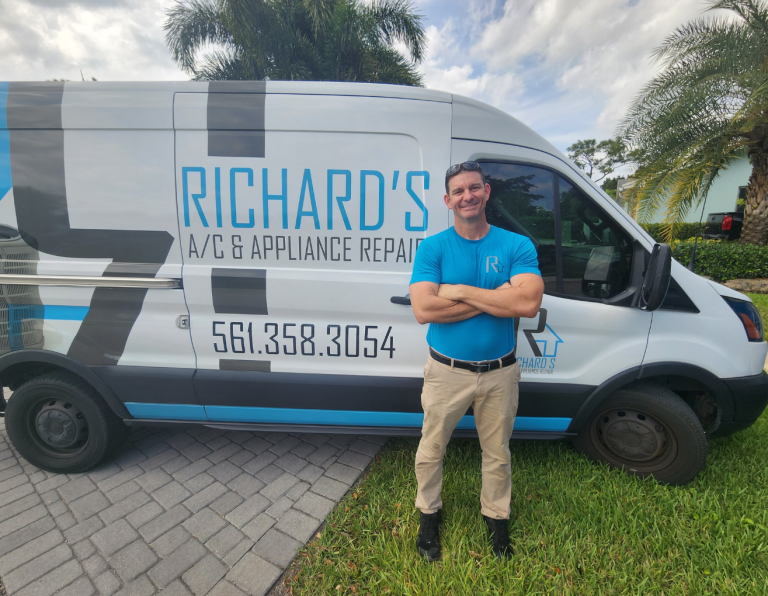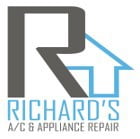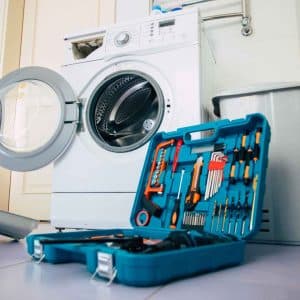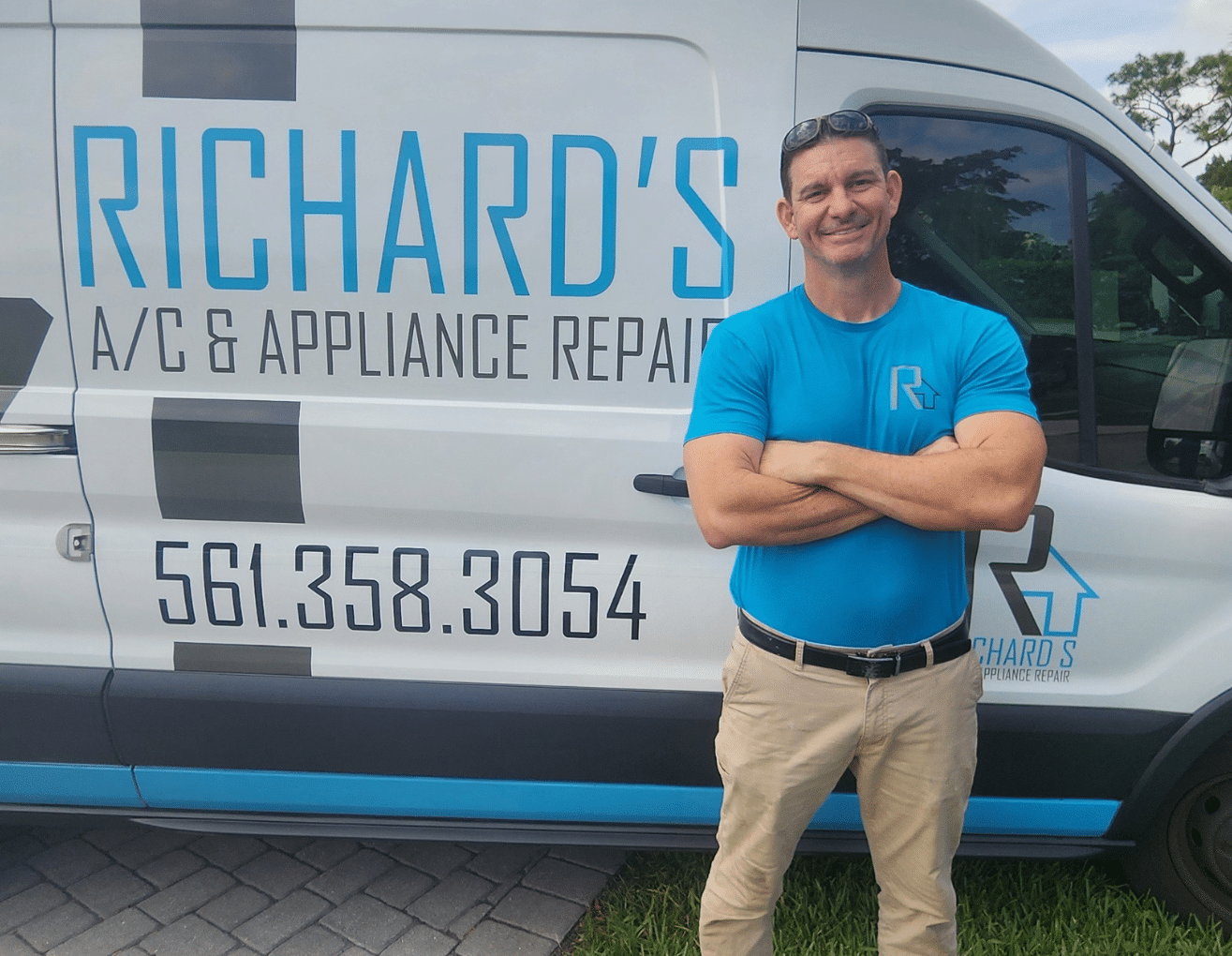As the Florida spring gently transitions towards summer, the promise of warmer days also brings the certainty of relying heavily on our air conditioners. We often expect them to work flawlessly, providing cool relief from the intense heat and humidity. But imagine this: it’s the peak of a July heatwave, and suddenly, your AC sputters and dies. It’s not just uncomfortable; it’s a stressful, potentially expensive emergency. The reality is, AC breakdowns rarely happen completely out of the blue. Your system often gives subtle (and sometimes not-so-subtle) warning signs that trouble is brewing.
Paying attention to these signs and scheduling preventative maintenance before the summer rush isn’t just a good idea – it’s essential for avoiding that disastrous mid-summer meltdown. Think of pre-season maintenance as an investment in your comfort, your budget, and your peace of mind. Ignoring the warning signs now almost guarantees dealing with a bigger, costlier problem when you need your AC the most. Let’s explore the key indicators that your air conditioner is trying to tell you it needs attention from the professionals at Richard’s AC.
Why Pre-Summer AC Maintenance is Crucial in Florida
We’ve said it before, but it bears repeating: Florida summers put immense strain on air conditioning systems. They run for long hours under demanding conditions. Just like any hardworking machine, regular check-ups are vital. Scheduling maintenance during the spring, before the relentless heat sets in, offers significant advantages.
Firstly, you identify and address minor issues before they escalate into major failures during peak usage. A simple fix now (like tightening an electrical connection or topping off refrigerant) is far less expensive than replacing a burnt-out motor or compressor later. Secondly, HVAC technicians are generally less busy in the spring than during the peak summer months, making it easier to get a convenient appointment slot. Finally, heading into summer knowing your AC has been professionally inspected, cleaned, and tuned-up provides invaluable peace of mind. You can relax, knowing your system is running efficiently and is less likely to leave you sweating.
Listen to Your AC: Subtle Signs It's Calling for Help
Your air conditioner communicates its health through its performance and the sounds and smells it produces. Being attuned to changes can help you catch problems early. Here are seven key signs that your AC needs professional maintenance before summer arrives:
1. Unusual Noises
- Grinding: Could indicate a problem with the motor bearings.
- Squealing: Often points to issues with the belt (on older systems) or motor bearings needing lubrication.
- Rattling: Might mean loose parts (like screws or panels), debris in the outdoor unit, or a deteriorating fan motor.
- Buzzing: Can suggest electrical issues, such as problems with the contactor relay or capacitor, or even the compressor.
- Clicking: Frequent or loud clicking when the unit starts or stops could indicate thermostat issues or problems with electrical controls.

2. Strange Odors
- Musty or Moldy: This classic “dirty sock syndrome” smell often indicates mold or mildew growth within the ductwork, on the evaporator coils, or in the condensate drain pan due to excess moisture. This impacts air quality and needs immediate attention.
- Burning: A smell like burning plastic, rubber, or gunpowder strongly suggests an electrical problem – perhaps an overheating motor, frayed wiring, or other electrical component failure. Turn off the system immediately and call for service.
- Chemical or Sweet Smell: This could indicate a refrigerant leak. While modern refrigerants are less odorous, leaks can sometimes produce a faint sweet or chemical scent. Refrigerant leaks reduce efficiency and cooling capacity and need professional repair.

3. Weak Airflow
Do you notice that the air coming out of your vents feels weaker than it used to?
Reduced airflow is a common symptom of several underlying issues.
The most frequent culprit is a dirty air filter, which restricts air from entering the system. However, weak airflow can also be caused by:
- Blocked or leaky ductwork.
- A failing fan motor (either the indoor blower or outdoor condenser fan).
- Frozen evaporator coils (often caused by low refrigerant or, again, restricted airflow from a dirty filter).
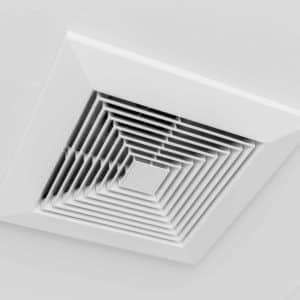
4. Warm Air Blowing
Perhaps the most frustrating sign is when your AC is running, but the air coming from the vents isn’t cold, or is even warm. This indicates the cooling process isn’t happening correctly. Common reasons include:
- Low Refrigerant: Often due to a leak, meaning there isn’t enough refrigerant to absorb heat effectively.
- Compressor Issue: The compressor is vital for circulating refrigerant; if it’s failing, cooling stops.
- Thermostat Malfunction: The thermostat might not be signaling the cooling cycle correctly.
- Dirty Coils: Severely dirty condenser or evaporator coils can prevent proper heat exchange.
- Restricted Airflow: As mentioned above, poor airflow can lead to the system overheating or coils freezing, impacting cooling.

5. Increased Humidity Levels
As discussed previously, your AC plays a significant role in dehumidifying your home. If you notice your indoor air feeling unusually sticky, damp, or humid even when the AC is running, it’s a sign the system isn’t removing moisture effectively.
This could be due to improper refrigerant charge, dirty coils hindering condensation, an oversized system that short cycles, or airflow problems. Ignoring high humidity can lead to comfort issues and promote mold growth.
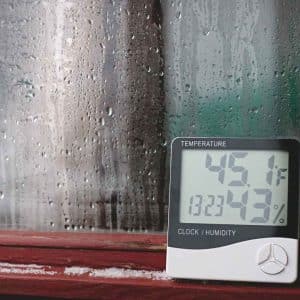
6. Frequent Cycling (Short Cycling)
Does your AC turn on, run for only a few minutes, shut off, and then repeat the process frequently?
This is called short cycling. It prevents your home from cooling evenly, drastically reduces efficiency, puts excessive wear and tear on the compressor and other components, and hinders dehumidification. Possible causes include:
- An oversized AC unit (cooling the space too quickly).
- Low refrigerant levels.
- A thermostat that’s improperly calibrated or located in a bad spot (like direct sunlight).
- A severely clogged air filter restricting airflow.

What These Signs Mean: A Call for Professional Attention
While you can easily change a dirty air filter, most of these warning signs point to issues requiring professional diagnosis and repair. Attempting complex repairs yourself can be dangerous and may lead to further damage. These signs are your AC’s way of asking for help before a complete breakdown occurs. Ignoring them is like ignoring the check engine light in your car – it rarely ends well and usually leads to a much more expensive fix down the road.
The Solution: Richard's AC Preventative Maintenance
The best way to address these potential problems and prevent summer disasters is through professional preventative maintenance. A comprehensive tune-up from Richard’s AC directly targets the potential causes behind these warning signs. Our technicians will: * Clean condenser and evaporator coils for optimal heat exchange and airflow.
- Check and adjust refrigerant levels (if necessary and possible).
- Inspect and tighten electrical connections, checking capacitors and relays.
- Lubricate motors to reduce friction.
- Clear the condensate drain line to prevent leaks and water damage.
- Test thermostat operation and calibration.
- Measure system performance to ensure efficiency.
Our affordable $160 annual maintenance plan provides two visits per year, ensuring your system is checked before both the cooling and heating seasons. It’s the smartest way to catch problems early, maintain efficiency, extend the life of your unit, and ensure reliable performance.
Schedule your essential pre-summer AC tune-up with Richard’s AC today! Let our experienced team give your system the professional care it needs. Call us if you’ve noticed any of these warning signs!
